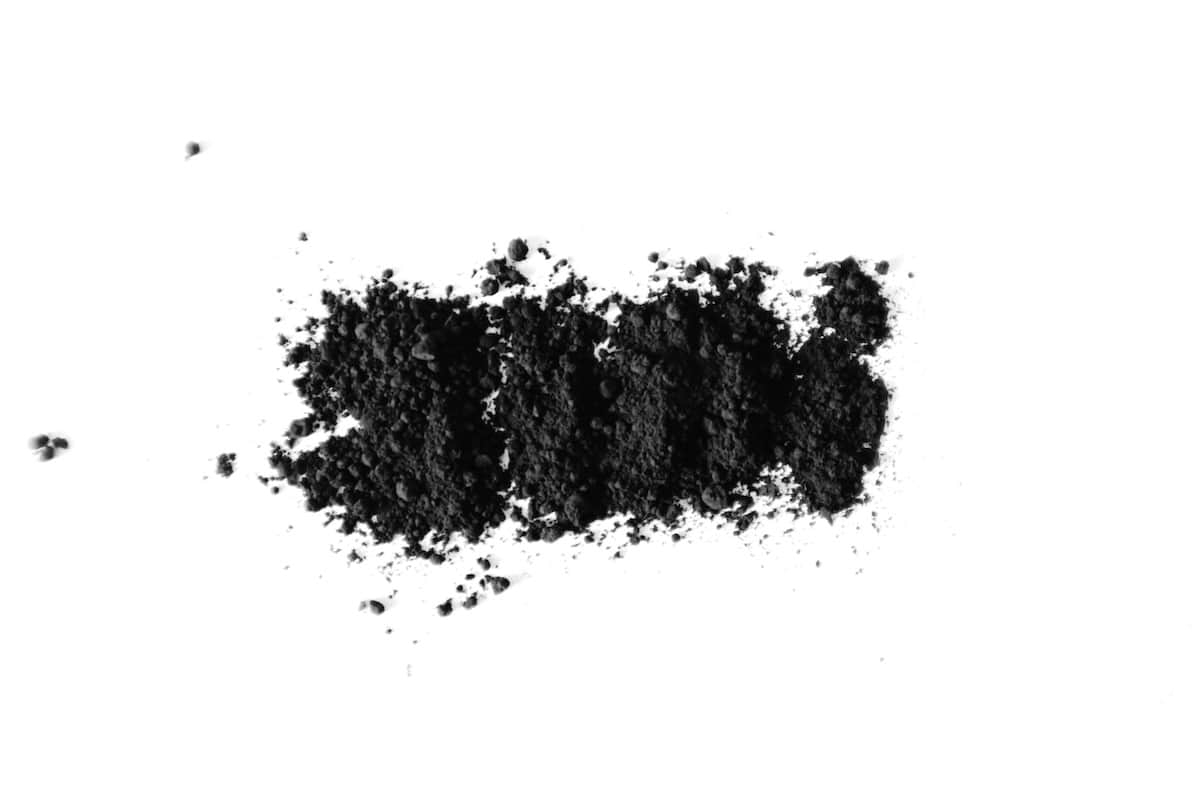Last update: January 22, 2025
6 minute read
What's the Key to Maximizing Vitamin Absorption?
Curious about boosting your vitamin intake? Discover evidence-based strategies for enhancing nutrient absorption through smart food pairings and lifestyle tweaks. Learn to optimize your health today.

By Stephanie Wright, RN, BSN
Edited by Dr. Jacquie Leone, NMD, HN

In the world of nutrition, it's not just about what you eat, but how your body processes it. Vitamin absorption is the crucial bridge between consumption and benefit. While many focus on which vitamins to take, understanding how to maximize their absorption can be the game-changer for your health.
This guide will discuss strategies to boost nutrient intake, covering everything from clever food pairings to supplement timing and lifestyle factors. We'll explore how simple changes in your diet and routine can significantly boost the effectiveness of the vitamins you consume. Let's dive into the fascinating world of nutrient synergy and uncover how you can make every bite count.
Key takeaways
- Pair fat-soluble vitamins with healthy fats for optimal absorption
- Combine vitamin C-rich foods with iron sources to boost iron uptake
- Space out mineral supplements to avoid competition for absorption
The art of food pairing: Unlocking nutrient potential
Fat-soluble vitamins: Which foods enhance their absorption?
Fat-soluble vitamins (A, D, E, K) need fat to be properly absorbed by your body. Pairing these vitamins with healthy fats can significantly increase their bioavailability. Try these combinations:
- Leafy greens (vitamin K) with avocado (leafy greens also contain high levels of iron, so lemon juice dressing, high in vitamin C, is a great choice to increase iron absorption)
- Carrots (vitamin A) with nuts
- Salmon (vitamin D) with olive oil
Iron and vitamin C: A dynamic duo for better health
Vitamin C is a powerful enhancer of iron absorption, especially from plant sources. Consuming vitamin C alongside iron-rich foods can significantly increase iron absorption. Try these pairings:
- Spinach salad with orange slices (or lemon juice as dressing)
- Lentils with bell peppers
- Fortified cereal with strawberries
Calcium and vitamin D: Building stronger bones together
Calcium and vitamin D work in tandem for optimal bone health. Vitamin D enhances calcium absorption in the intestines.
VitaRx Tip
Did you know that vitamin D can increase calcium absorption by up to 40%?
Try these combinations:
- Greek yogurt with vitamin D-fortified orange juice
- Sardines (rich in both calcium and vitamin D) on whole-grain toast
- Kale salad with egg (vitamin D) and a sprinkle of cheese
Timing and form matter
Liquid vs. pills: Which supplement form reigns supreme?
The form of your supplements can affect how quickly and effectively they're absorbed. Liquid and powder forms tend to absorb faster than pills or gummies.
Supplement Form | Absorption Speed | Convenience |
|---|---|---|
Liquid | Fast | Moderate |
Powder | Fast | Moderate |
Capsules | Moderate | High |
Tablets | Slow | High |
Gummies | Slow-Moderate | High |
When should you take your vitamins?
Timing is crucial for optimal absorption. Take multivitamins with food to improve absorption and reduce stomach upset. For mineral supplements:
- Space out calcium, zinc, and magnesium, taking them at different meals
- Avoid taking calcium and iron supplements together, as they compete for absorption. Wait 2 hours in between doses.
Beverages that boost nutrient absorption
Orange juice and iron
The vitamin C in orange juice significantly enhances iron absorption from plant sources. Try this power breakfast:
- Oatmeal with dried fruit (iron source)
- Glass of orange juice
- Handful of nuts for healthy fats
How kombucha and kefir support your gut
A healthy gut microbiome is essential for nutrient absorption. Probiotic-rich drinks like kombucha and kefir can support digestive health and potentially enhance nutrient uptake.
There are trillions of them
Your gut contains trillions of bacteria that play a crucial role in nutrient absorption!
Kitchen hacks: Cooking methods that preserve nutrients
Steam vs. boil: Which method retains more vitamins?
Steaming vegetables preserves more nutrients, especially water-soluble vitamins B and C, compared to boiling. Try these tips:
- Steam broccoli, carrots, and spinach instead of boiling
- If you must boil, use minimal water and time
- Save the cooking water for soups or sauces to recapture leached nutrients
The surprising benefits of cooking tomato
Cooking tomatoes increases the availability of lycopene, a powerful antioxidant. To maximize benefits:
- Make a tomato sauce with olive oil
- Roast cherry tomatoes with a drizzle of oil
- Add cooked tomatoes to omelets or frittatas
Health made easy: your go-to resource for essential vitamins and supplements

Lifestyle factors
How does stress affect nutrient uptake?
Chronic stress can negatively impact digestion and nutrient absorption. Implement stress-reduction techniques to support overall health:
- Practice mindfulness or meditation
- Engage in regular physical activity
- Prioritize social connections and hobbies
The unexpected connection of sleep to vitamin absorption
Adequate sleep supports your body's metabolic processes, including nutrient absorption. Improve your sleep quality:
- Stick to a consistent sleep schedule
- Create a relaxing bedtime routine
- Limit screen time before bed
Dos and don’ts of maximizing vitamin absorption
Do’s
Pair fat-soluble vitamins with healthy fats
Consume vitamin C with iron-rich plant foods
Space out mineral supplements throughout the day
Steam vegetables to preserve nutrients
Stay hydrated to support overall absorption
Don’ts
Take calcium and iron supplements together
Drink coffee or tea with iron-rich meals
Rely solely on supplements for nutrient intake
Overcook vegetables, especially in water
Consume excessive alcohol, which can interfere

Frequently asked questions (FAQ)
Here are some of the most frequently asked questions about maximizing vitamin absorption.
Final thoughts
Optimizing vitamin absorption is a multifaceted approach that involves smart food pairings, strategic supplement use, and lifestyle considerations. By implementing these evidence-based strategies, you can significantly enhance the bioavailability of nutrients in your diet.
Remember, small changes can lead to big improvements in your overall health and well-being. Always consult with a healthcare provider for personalized advice, especially if you have specific health concerns or are taking medications that may interact with supplements.
What's one food pairing you'll try this week to boost your nutrient absorption? Share your ideas in the comments below!
Sources and references
- Dietary Iron - StatPearls - NCBI Bookshelf
- Tips for Improving the Absorption of Vitamins | Nature Made®
- Calcium and vitamin D supplementation in osteoporosis - UpToDate
- Fat-soluble vitamins: updated review of their role and orchestration in human nutrition throughout life cycle with sex differences
- A pilot study on the effect of formulation and individual muscle mass on vitamin C absorption in randomized clinical study - PubMed
- Supplement Smarts: Best Ways to Take Different Vitamins
- Preferences for steaming of vegetables - PubMed
- 5 Simple Tips To Improve Nutrient Absorption From Foods - Tata 1mg Capsules
- Calcium and Vitamin D: Skeletal and Extraskeletal Health - PMC
- Iron Supplement (Oral Route, Parenteral Route) Precautions - Mayo Clinic
- Calcium, vitamin D, vitamin K2, and magnesium supplementation and skeletal health - PubMed
Author

Stephanie Wright
Stephanie brings over 13 years of diverse nursing experience to the table, having honed her expertise in critical care, mental health, and utilization management. Her journey as a registered nurse across these various healthcare sectors underscores her adaptability and deep commitment to patient care.
Fact checker

Dr. Jacquie Leone
Dr. Leone holds a BA in Psychology, a Doctorate in Naturopathic Medicine, and board certification in holistic nutrition. In addition to practicing medicine, Dr. Leone has developed and currently teaches science and nutrition courses for a nationally accredited institution. She specializes in chronic illness, gastrointestinal dysregulation, inflammatory conditions, and mental health. Her unique approach combines the wisdom of Eastern medicine with the technology and science of Western medicine, offering an integrative approach heavily focused on functional medicine.
At VitaRx, we're not just passionate about our work — we take immense pride in it. Our dedicated team of writers diligently follows strict editorial standards, ensuring that every piece of content we publish is accurate, current, and highly valuable. We don't just strive for quality; we aim for excellence.
Related posts
While you're at it, here are some other relevant articles you might be interested in.

Get your personalized vitamin recommendations in less than
5 minutes.
Get your personalized vitamin recommendations in less than
5 minutes.






